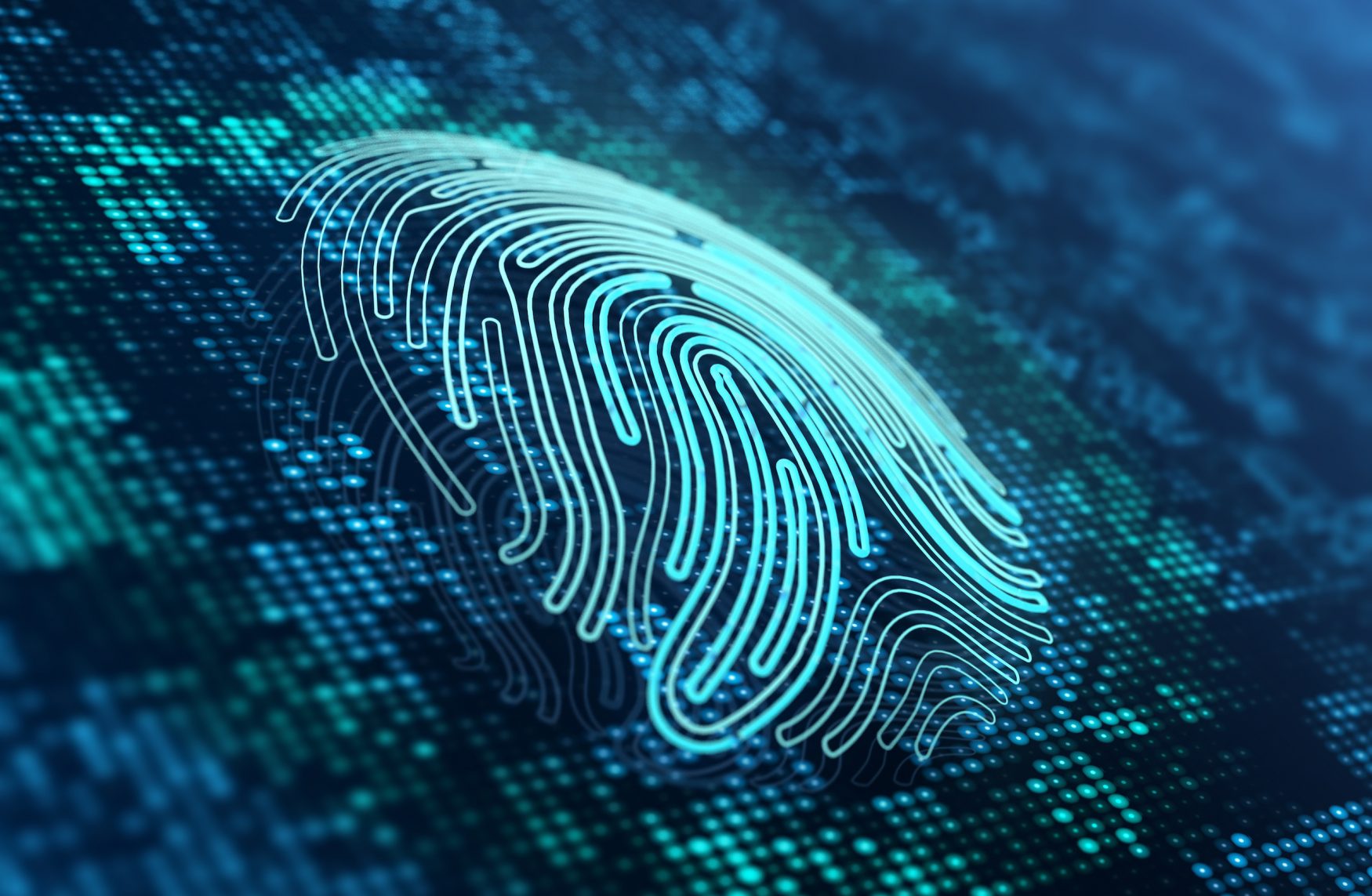
Biometrics Standards and Our Liberty
Biometrics Standards Should Respect Individual’s Civil Liberties and Rights to Privacy. Unfortunately, These Things Are of Little Concern to Our Elite Rulers.
Biometrics standards should be debated in open forums across the United States and around the world.
Instead they are being relegated to YouTube video wars and fringe blog sites. This method of stealing our privacy is unacceptable.
Yet despite the ability of biometrics to have a lasting and not necessarily positive effect on citizen’s lives, the public sphere is curiously absent when it comes to establishing acceptable use standards for the various biometric tools on the market.
Some of the silence may stem from the flat-out cool factor of many of the applications.
There is no denying that being able to vocalize with a computer and get things done, or to use a fingerprint to secure valuables in a personal safe with a “panic finger” to alert companies if the safe is being accessed unwillingly is pretty darn cool.
In private hands, the technology has so many applications that serve to make life easier, more comfortable and more convenient, especially for those who are disabled or desire additional security.
However, the same tools that private citizens can use to enrich their lives can also be used by military groups and government officials for more Orwellian ends.
The same GPS systems that help lost travelers get back on the right path can also help U.S. spy agencies track citizen’s movements 24/7 with the use of satellite systems.
This double edged nature of the technology is the main motivation for the need for a biometric standards debate to be raging instead of languishing.
Beyond Medical Usage
Allowing medical records access for incapacitated patients is one thing, but a massive governmental database of citizens’ health records is quite another.
At the moment, the government couldn’t kill off everyone with AIDS if it wanted to, but if all that health data were centrally located, it’s conceivable the government could do Americans harm.
The potential for abuse is one of the reason many citizens groups like Wethepeoplewillnotbechipped.com protest the existing nebulousity of biometric standards.
Governments have a real tendency to abuse the tools at their disposal, and hackers also like to target government information databases to commit identity fraud and other crimes.
With companies like VeriChip creating RFID tags for humans, hackers can really get their hands on personal data now.
Watch Me Not
Additionally, many legitimate authorities are finding seemingly helpful ways to get better and better monitoring.
In Europe, the Galileo satellite system will allow for more accurate GPS tracking accurate in real time to within one meter.
If it can do cars, there are no biometric standards preventing the technology from being transferred to people.
Implanted RFID chips would only facilitate global monitoring in real time of personal movements.
Privacy and personal liberty go completely out the window under such systems.
Power mongers could easily use them for ill, yet they are marketed to the public as protection for kidnapped children, lost pets or elderly wanderers.
Citizens need to find a way to protect themselves against constant monitoring and surveillance that may have been started with the best of intentions to give the military researchers behind most of these technologies a benefit of the doubt they may not deserve.
After all, the way to 1984 has always been paved with good intentions.

 My First Amazing Ayahuasca Experience
My First Amazing Ayahuasca Experience  Pine Needle Tea
Pine Needle Tea  The REAL Controllers of Humanity: The Papal Bloodlines
The REAL Controllers of Humanity: The Papal Bloodlines  Is it Global Warming or Cooling?
Is it Global Warming or Cooling?  Gun Rights and Obama Examined
Gun Rights and Obama Examined